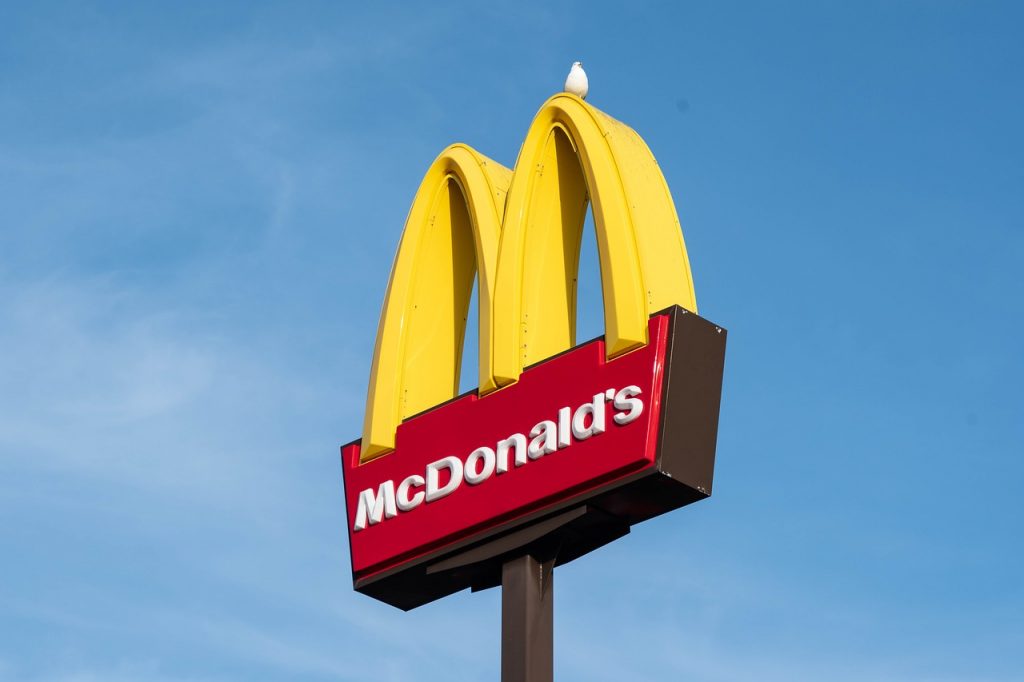The New Way California Is Controlling Fast-Food Chains
In what could be a historic movie, California is on the verge of passing a bill that would protect workers at fast-food chains statewide.
This article is more than 2 years old

California’s State Legislature just passed a sweeping new bill. The bill, known as ‘The Fast Food Recovery Act,’ is now on its way to Governor Newsom’s desk. If signed, it will directly impact approximately a half million people currently employed in fast-food chains around the state. The bill contains good news for workers, though it is not welcome by everyone.
There are two primary pieces to the bill. The first is a move to cap the minimum wage increase at $22/hr, starting in 2023. Currently, the minimum wage in California is $15.50/hr. Since fast-food chains are notorious for hiring workers at, or just above, minimum wage, this will directly impact many locations.
The second component of the bill creates the California Fast Food Council. This is a 10-member council granted the authority to set statewide standards about workplace conditions in fast-food chains. Wages, workplace conditions, and working hours would fall under their jurisdiction.
At the moment, the bill awaits the Governor’s signature. So no changes will happen just yet. He has until September 30th to decide whether to sign it into law or veto it. Employees of California’s vast fast-food chain world eagerly await news of his decision.
The bill’s advocates view ‘The Fast Food Recovery Act’ as a win. Part of the reason is that, unlike in other industries, fast-food chains have proven difficult for unions to find a foothold. The high turnover rate and nature of franchise-owned businesses do not exactly go hand in hand with organized labor. So, supporters of the bill hope California will lead the way in establishing new worker protection standards.
According to the National Restaurant Association, if the revolutionary California bill proves successful, many other states will follow suit. They anticipate similar proposals in states such as Washington, Oregon, New York, and Illinois. And lawmakers in Washington, D.C. are also paying close attention to how the bill will impact fast-food chain workers.
However, not everyone is excited about California’s ‘Fast Food Recovery Act‘. There are vocal critics expressing concern over the impact on small business owners and customers. The bill will have a significant financial impact on fast-food chains, which are primarily franchise-owned and operated. Matthew Haller, president of the International Franchise Association, went as far as to say that it “is a discriminatory measure aimed to target the franchise business model to bolster union ranks.”
The fast-food chain sector has done its best to keep prices relatively steady in the face of rapidly growing inflation. They may no longer be able to do so in light of this news. Under California’s proposed bill, each location will face increased labor costs, and that money has to come from somewhere.
Critics and industry experts warn that this may finally force a price increase. Additionally, there is no word on fines for non-compliance. But the bill does state it will not hold the corporations responsible if individual fast-food chain locations do not comply. That means California’s small business owners will have to pay up. And both these factors will ultimately pass the financial burden onto the consumer.





